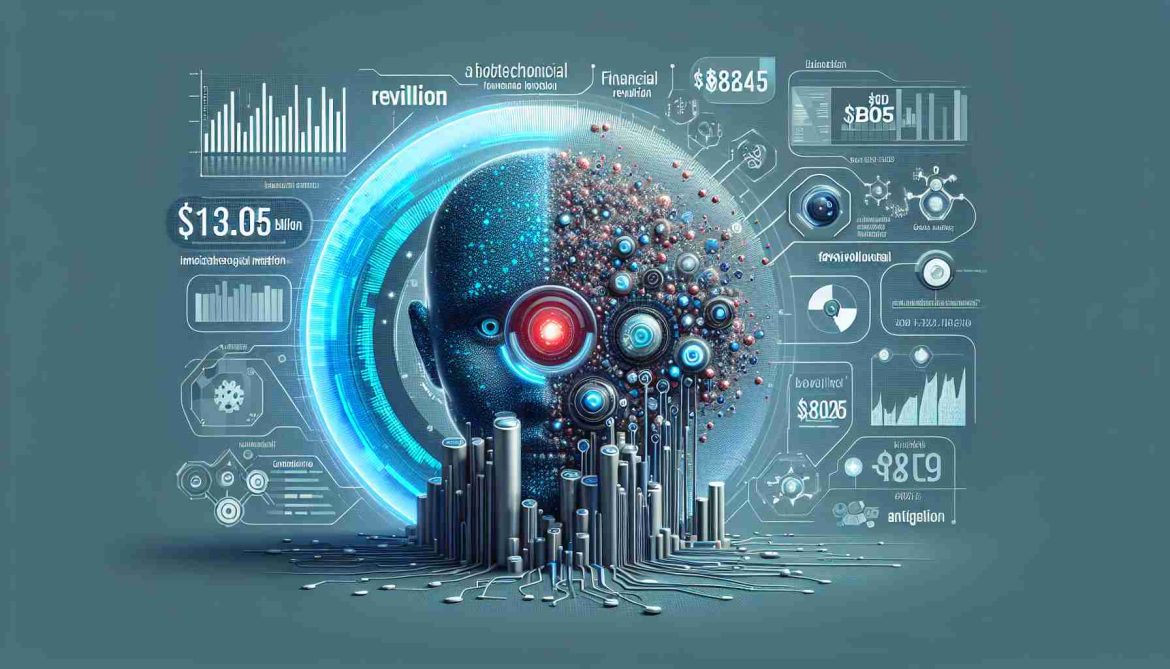Unlocking Robust AI: How Mixed-Domain Adaptation is Transforming Machine Learning Across Diverse Data Landscapes. Discover the Science, Challenges, and Future Impact of This Game-Changing Approach.
Category: Artificial Intelligence
Artificial Intelligence (AI) refers to the simulation of human intelligence processes by machines, particularly computer systems. These processes include learning (the acquisition of information and rules for using it), reasoning (the ability to solve problems through logical deduction), and self-correction. AI technologies enable machines to perform tasks that typically require human intelligence, such as understanding natural language, recognizing patterns, solving complex problems, and making decisions.
AI can be categorized into two types: Narrow AI, which is designed for specific tasks (like voice recognition or image analysis), and General AI, which would possess the ability to perform any intellectual task that a human can do. AI applications are diverse and include areas such as robotics, data analysis, speech recognition, and automated decision-making. The development of AI raises significant ethical considerations and challenges, including concerns about privacy, job displacement, and the potential for bias in automated systems. Overall, AI represents a transformative technology with significant implications across various sectors and aspects of daily life.
Biotech Boom: How AI is Driving a $805 Billion Revolution
The global biotech market is expected to grow by $805.6 billion from 2025 to 2029. Anticipated compound annual growth rate (CAGR) is 12.4% during this

